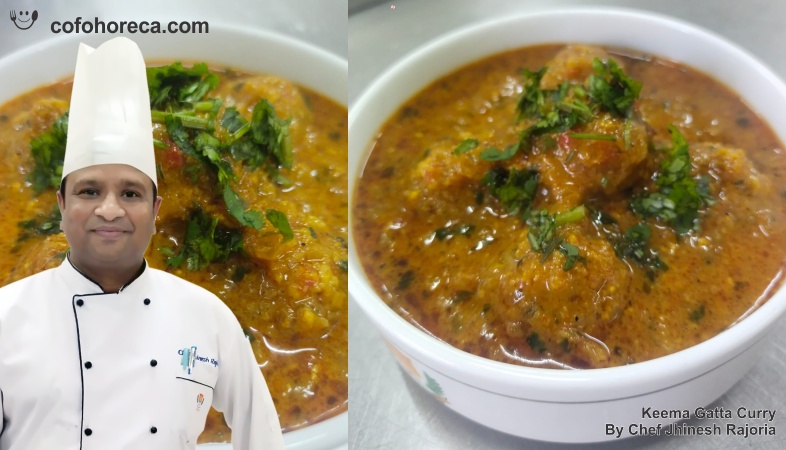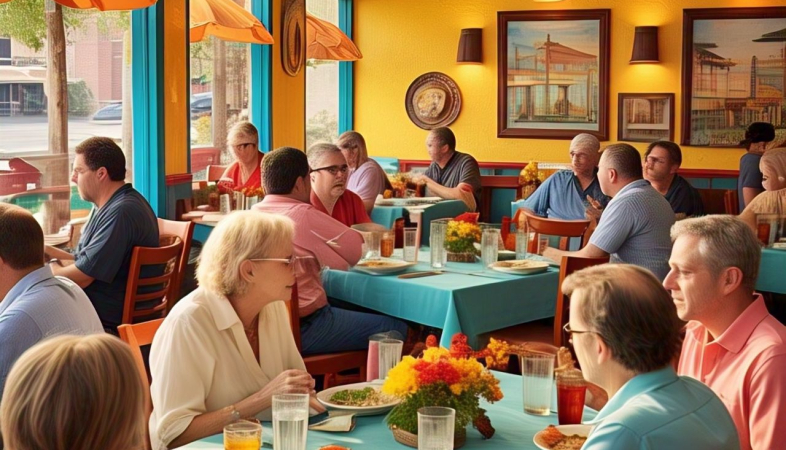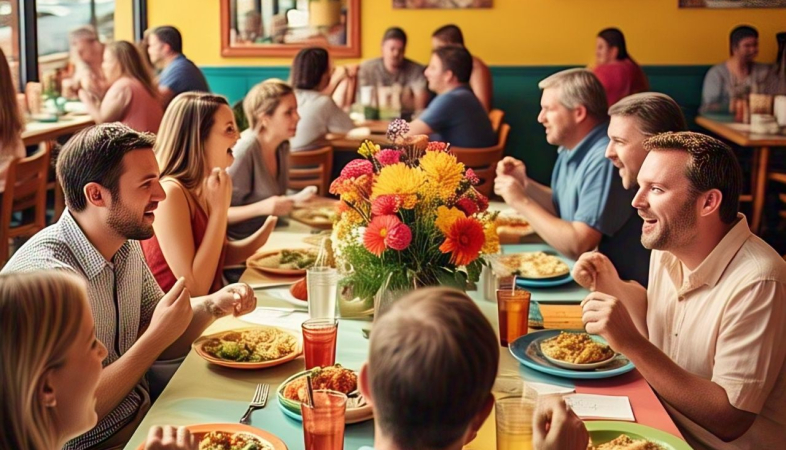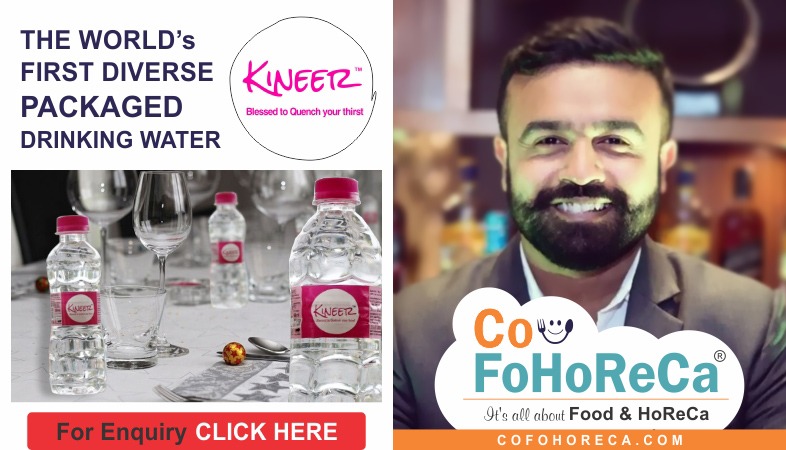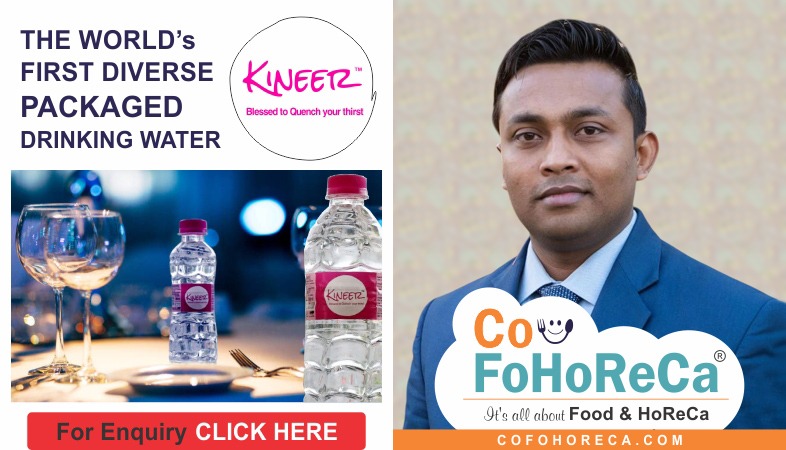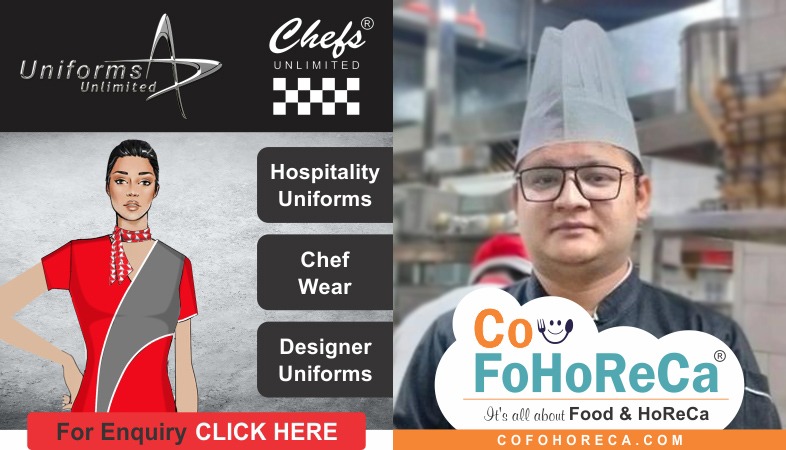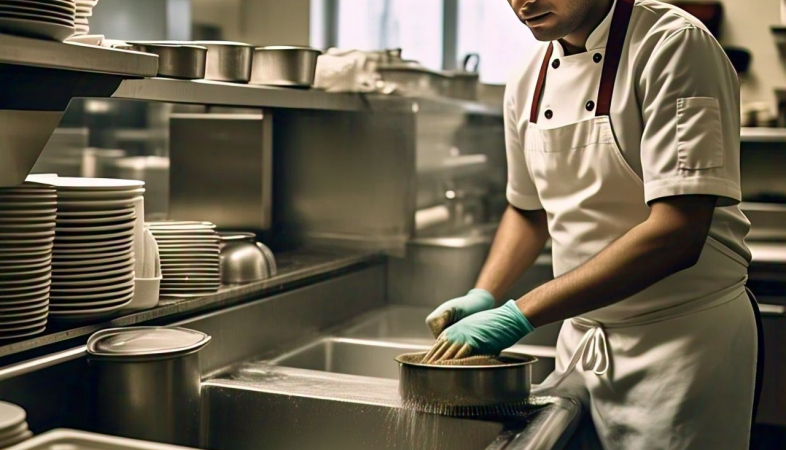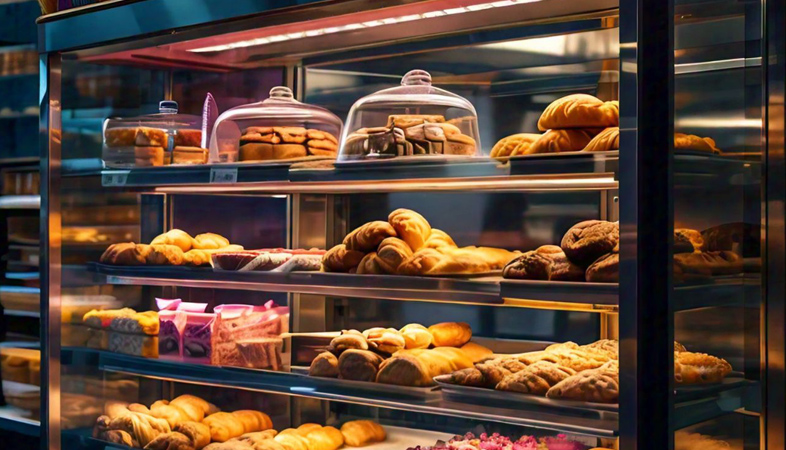SHARE
Commercials
More Posts
Dec 30, 2024
Keema Gatta Curry - By Chef Jhinesh Rajoria
Apr 26, 2025
Food Trucks in Catering: Mobile Dining Experiences
Jan 22, 2025
Stuffed Pumpkin Blossoms - By Chef Subodh Upadhyay
Nov 20, 2024
Cinnamon Butter Rolls - By Manoj Rathore
Dec 30, 2024
Keema Gatta Curry - By Chef Jhinesh Rajoria
Apr 26, 2025
Food Trucks in Catering: Mobile Dining Experiences
Jan 22, 2025
Stuffed Pumpkin Blossoms - By Chef Subodh Upadhyay
Nov 20, 2024
Cinnamon Butter Rolls - By Manoj Rathore
Dec 30, 2024
.png)





